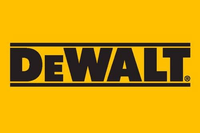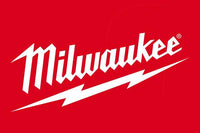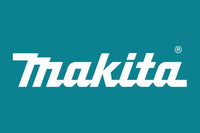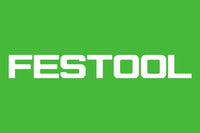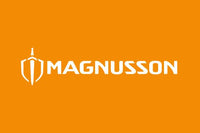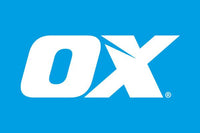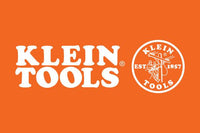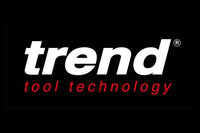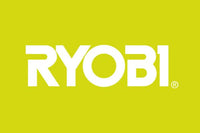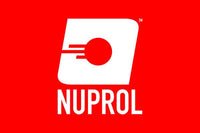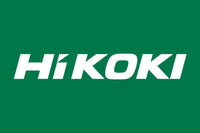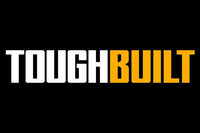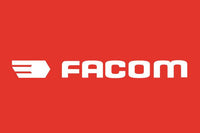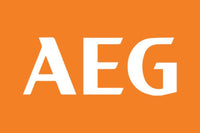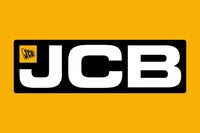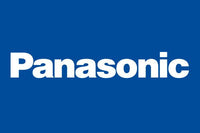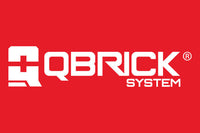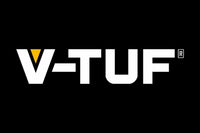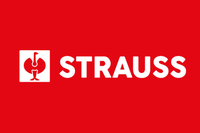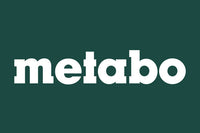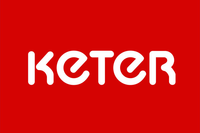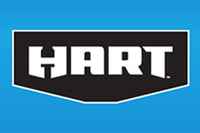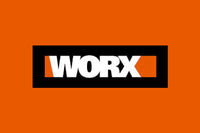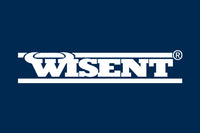Dagelijkse besteldatum om 14.00 uur

De toename van het gebruik van doe-het-zelf gereedschapsbeheermethoden in FMCG
Maatregelen op het gebied van gereedschapscontrole worden al geruime tijd op grote schaal toegepast in de luchtvaartindustrie . We merken echter dat FMCG een van de grootste sectoren in onze bedrijfsportfolio aan het worden is, dus waarom is dat?
Gereedschapscontrole in FMCG
Gereedschapscontrole in de FMCG-sector is duidelijk belangrijk om fabrikanten in staat te stellen de productkwaliteit te behouden. Meer dan dat gaat het echter om het garanderen van de veiligheid, het naleven van de regelgeving, het beheersen van de kosten en het verbeteren van de operationele efficiëntie.
Welke strategie voor visueel management of gereedschapscontrole ook wordt toegepast binnen deze bedrijven, een effectieve methode voor gereedschapscontrole vormt daarbij de kern. Of het nu Lean, 5S of Six Sigma is, de fundamenten van al deze organisatieprocessen op de werkplek blijven hetzelfde.
De bedrijven waaraan wij leveren bestrijken een zeer divers en breed assortiment FMCG-producten. Of het nu gaat om de grote merken die we hebben leren kennen en waarderen in de F&B-sector, of om de grote supermarktketens . Plus helemaal tot aan farmaceutische producten, toiletartikelen en schoonmaakproducten.
Voor dit soort bedrijven is kwaliteitscontrole de hoeksteen van hun succes of falen als merk. Het naleven van de regelgeving drijft dus duidelijk hun voortdurende behoefte aan verbetering aan, evenals de wens om de voorraad te beheren en de kosten te verlagen. Spelen deze factoren ook een rol bij het kiezen van de juiste gereedschapscontroleproducten?
DIY versus uitbestede gereedschapscontrole
Deze grote FMCG-fabrikanten kunnen zich geen downtime veroorloven als het gaat om het up-to-date krijgen van hun gereedschapscontroleprotocollen. Voor velen is het een regelmatig, jaarlijks proces, dus het is geen aantrekkelijke of haalbare optie om werkstations, individuen of zelfs hele afdelingen voor een bepaalde periode buiten dienst te hebben om hun toolcontrole te laten upgraden.
Daarin schuilt dan ook de schoonheid van een doe-het-zelf-methode voor gereedschapscontrole; een oplossing die eenvoudig ter plekke kan worden uitgerold, op een tijdstip en tempo dat het beste bij de business past. Sterker nog, een die kan worden aangestuurd door de teams en gebruikers van die gebieden, zodat ze hun eigen resultaten echt kunnen optimaliseren, zodat ze het beste bij hen passen.
Regulerende factoren
Uiteraard zijn deze sectoren sterk gereguleerd en moeten bedrijven zich aan strikte normen en richtlijnen houden en dit ook aantonen tijdens audits en inspecties.
Hierin schuilt een van de grote voordelen van Shadow Foam, aangezien de bedrijven volledig in staat zijn de vereiste gereedschapscontrolemaatregelen toe te passen zonder dat er downtime nodig is. En geheel zonder dat hun apparatuur en mensen enige tijd buiten dienst zijn.
Dit lijkt vooral belangrijk te zijn geworden in de FMCG-sector, waar productielijnen continu moeten draaien om aan de hoge vraag te voldoen, en waardoor de flexibele toepassing van een doe-het-zelf-oplossing als Shadow Foam tot zijn recht komt.
Als u dit voor uw eigen bedrijf nader wilt bespreken, neem dan contact met ons op.





































